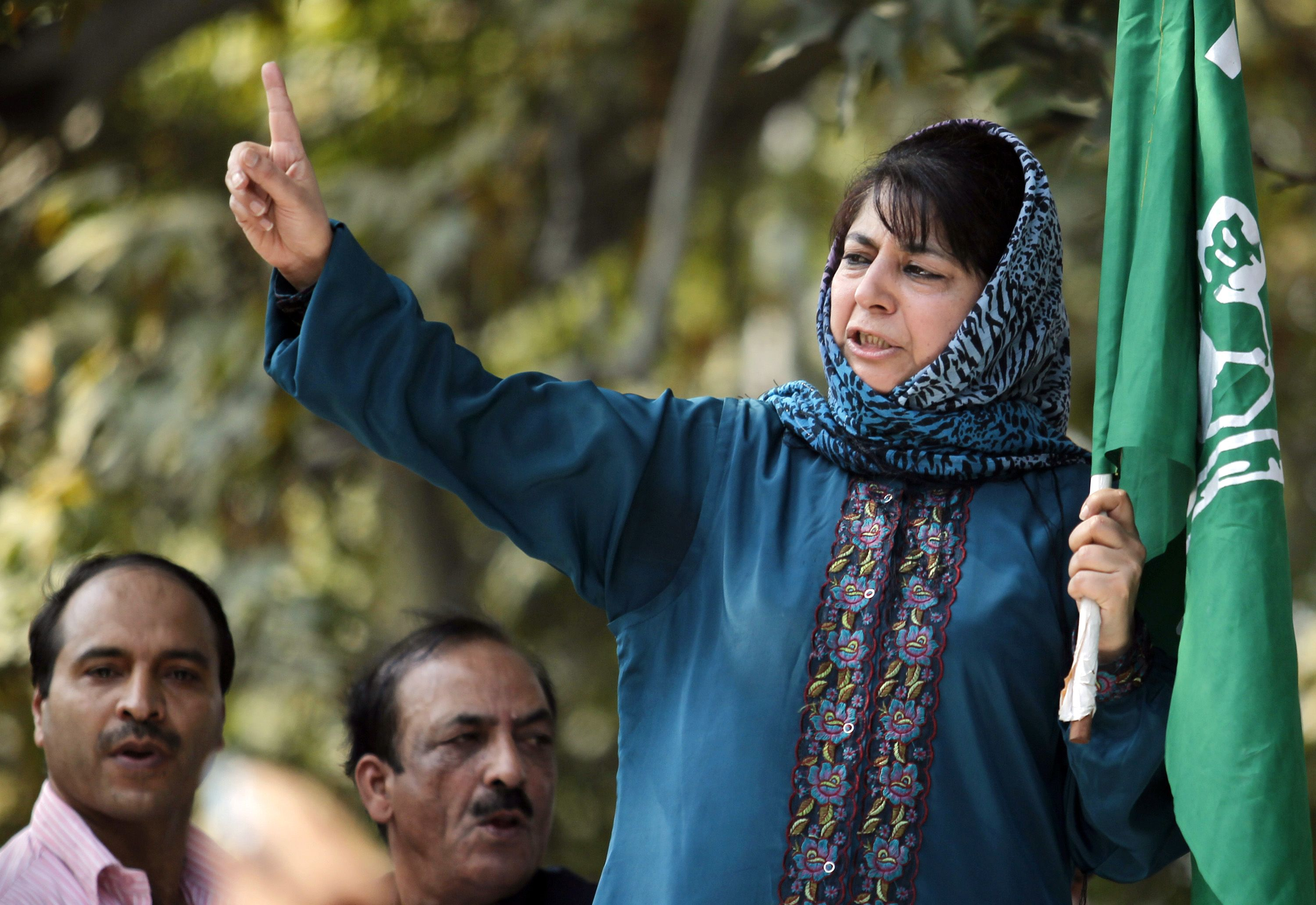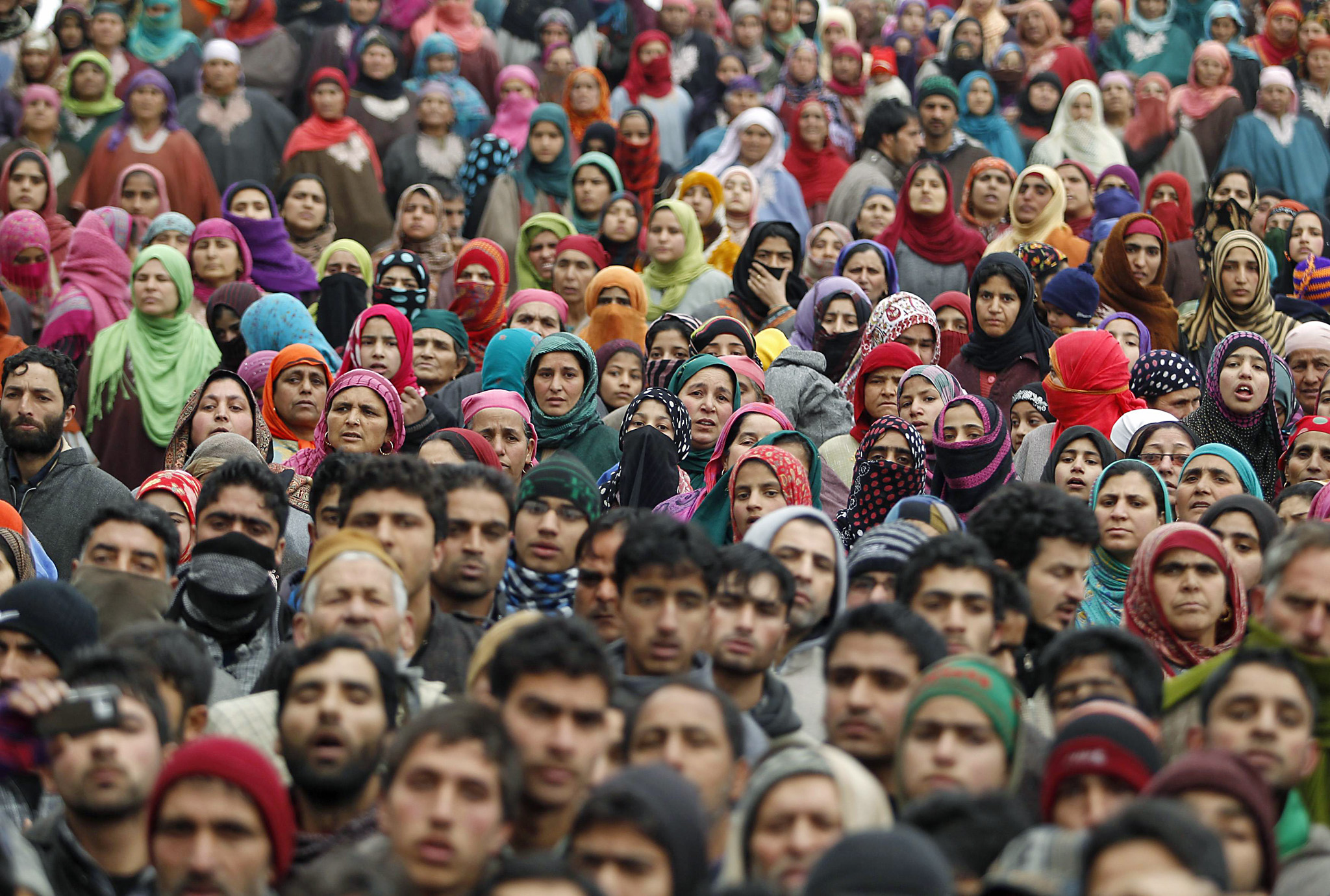The Return of Sheikh Abdul Rashid: A New Force in Kashmiri Politics

As assembly elections unfolded in Indian-administered Kashmir this month, the return of Sheikh Abdul Rashid from prison shook the region’s political landscape. Commonly known as Engineer Rashid, the 57-year-old politician was granted interim bail after being jailed in 2019, following the abrogation of Article 370, a move he fiercely opposed. His release has allowed him to rejoin the political arena, urging voters to support his Awami Ittehad Party, which has fielded candidates across more than three dozen constituencies.
These elections are significant as the first since the region’s autonomy was revoked, a decision that ended Kashmir’s special status under Article 370. With 873 candidates vying for 97 seats in the Muslim-majority Kashmir Valley and Hindu-majority Jammu, federal officials have framed the elections as proof of a return to normalcy in a region long marred by insurgency. However, Rashid’s reentry into politics challenges this narrative.
Rashid’s political career has been marked by outspoken criticism of Delhi’s control over Kashmir. He is known for his provocative protests and fiery speeches against what he calls the central government’s “heavy-handed” rule. Although his fiery rhetoric often puts him at odds with authorities, it also resonates deeply with the local population. His popularity surged in 2024 when he, from behind bars, defeated the influential regional politician Omar Abdullah in the parliamentary elections.
Rashid wasted no time upon his release on September 11, immediately reaffirming his opposition to the abrogation of Article 370. He used social media, particularly Facebook, to broadcast his message to millions, with an hour-long live video garnering over 2.5 million views, 44,000 likes, and 25,000 comments. This large following has unnerved his regional rivals, particularly Mehbooba Mufti and Omar Abdullah, who accuse him of being a proxy for Prime Minister Narendra Modi’s Bharatiya Janata Party (BJP). Rashid has vehemently denied these allegations, pointing out that his imprisonment would not align with being a BJP ally.

Rashid’s critics view his release just before the elections with suspicion, claiming it might signal his collusion with the BJP-run federal government. Yet, his time in prison has only amplified his credibility among Kashmiris, many of whom see him as a “common man’s politician,” unafraid to confront authorities.
Rashid’s return comes at a critical juncture for the region. Historically, Kashmir’s politics has been dominated by parties pledging allegiance to India or pushing for increased autonomy. Some separatist factions have even supported an armed movement or favored Pakistan’s involvement in resolving the conflict. But Rashid, while rejecting armed militancy, has remained a vocal critic of Delhi’s policies. His blend of democratic participation and protest has drawn a loyal following, especially among the youth.
His blunt approach has earned him both admirers and enemies. In 2015, he hosted a controversial “beef party” to protest a cow-slaughter ban in several Indian states, leading to physical attacks by BJP members and other Hindu nationalist groups. Rashid’s protests often draw attention to alleged human rights abuses in Kashmir. On Human Rights Day in 2015, he led a protest with animals, stating, “Animals have more rights than people in Kashmir,” symbolizing the perceived injustices faced by Kashmiris.
Rashid’s path to politics was unconventional. He left his job as a government engineer in 2008 to enter politics, winning consecutive elections as an independent candidate. His defiance and populist stance have endeared him to the masses, and his time in jail has only magnified his appeal. Political analysts, such as Noor Mohammad Baba, observe that Rashid’s ability to protest against “anti-people” policies is what makes him a “crowd-puller.”
Despite allegations of being a “proxy of Delhi,” many voters remain unbothered by these accusations. “Almost all the regional parties have been in an alliance with the BJP in the past. They aren’t in a position to allege him of complicity with the BJP,” said a local businessman, Rafiq Ahmad, who added that people are willing to give Rashid a chance.
As he campaigns for his party’s candidates, Rashid continues to emphasize his calls for resolving the Kashmir conflict and ending the use of anti-terror laws to suppress dissent. With crowds of young men shouting in support, it is clear that Rashid’s return has injected a new dynamic into Kashmiri politics.













